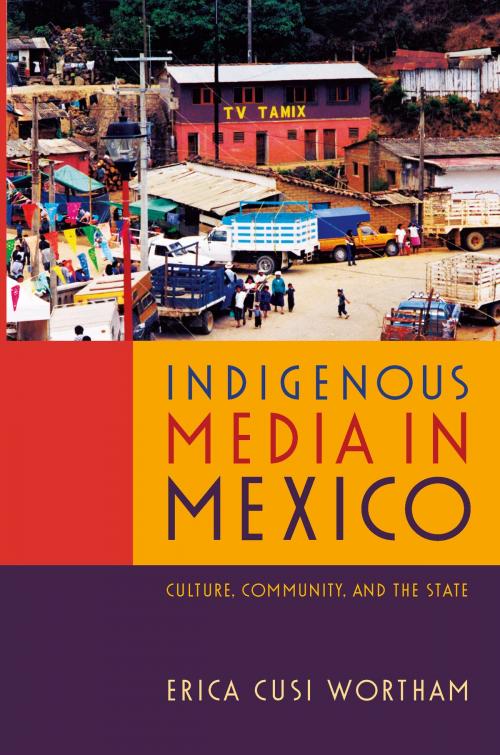Indigenous Media in Mexico
Culture, Community, and the State
Nonfiction, History, Americas, Mexico, Social & Cultural Studies, Social Science, Anthropology| Author: | Erica Cusi Wortham | ISBN: | 9780822378273 |
| Publisher: | Duke University Press | Publication: | September 23, 2013 |
| Imprint: | Duke University Press Books | Language: | English |
| Author: | Erica Cusi Wortham |
| ISBN: | 9780822378273 |
| Publisher: | Duke University Press |
| Publication: | September 23, 2013 |
| Imprint: | Duke University Press Books |
| Language: | English |
In Indigenous Media in Mexico, Erica Cusi Wortham explores the use of video among indigenous peoples in Mexico as an important component of their social and political activism. Funded by the federal government as part of its "pluriculturalist" policy of the 1990s, video indígena programs became social processes through which indigenous communities in Oaxaca and Chiapas engendered alternative public spheres and aligned themselves with local and regional autonomy movements.
Drawing on her in-depth ethnographic research among indigenous mediamakers in Mexico, Wortham traces their shifting relationship with Mexican cultural agencies; situates their work within a broader, hemispheric network of indigenous media producers; and complicates the notion of a unified, homogeneous indigenous identity. Her analysis of projects from community-based media initiatives in Oaxaca to the transnational Chiapas Media Project highlights variations in cultural identity and autonomy based on specific histories of marginalization, accommodation, and resistance.
In Indigenous Media in Mexico, Erica Cusi Wortham explores the use of video among indigenous peoples in Mexico as an important component of their social and political activism. Funded by the federal government as part of its "pluriculturalist" policy of the 1990s, video indígena programs became social processes through which indigenous communities in Oaxaca and Chiapas engendered alternative public spheres and aligned themselves with local and regional autonomy movements.
Drawing on her in-depth ethnographic research among indigenous mediamakers in Mexico, Wortham traces their shifting relationship with Mexican cultural agencies; situates their work within a broader, hemispheric network of indigenous media producers; and complicates the notion of a unified, homogeneous indigenous identity. Her analysis of projects from community-based media initiatives in Oaxaca to the transnational Chiapas Media Project highlights variations in cultural identity and autonomy based on specific histories of marginalization, accommodation, and resistance.















